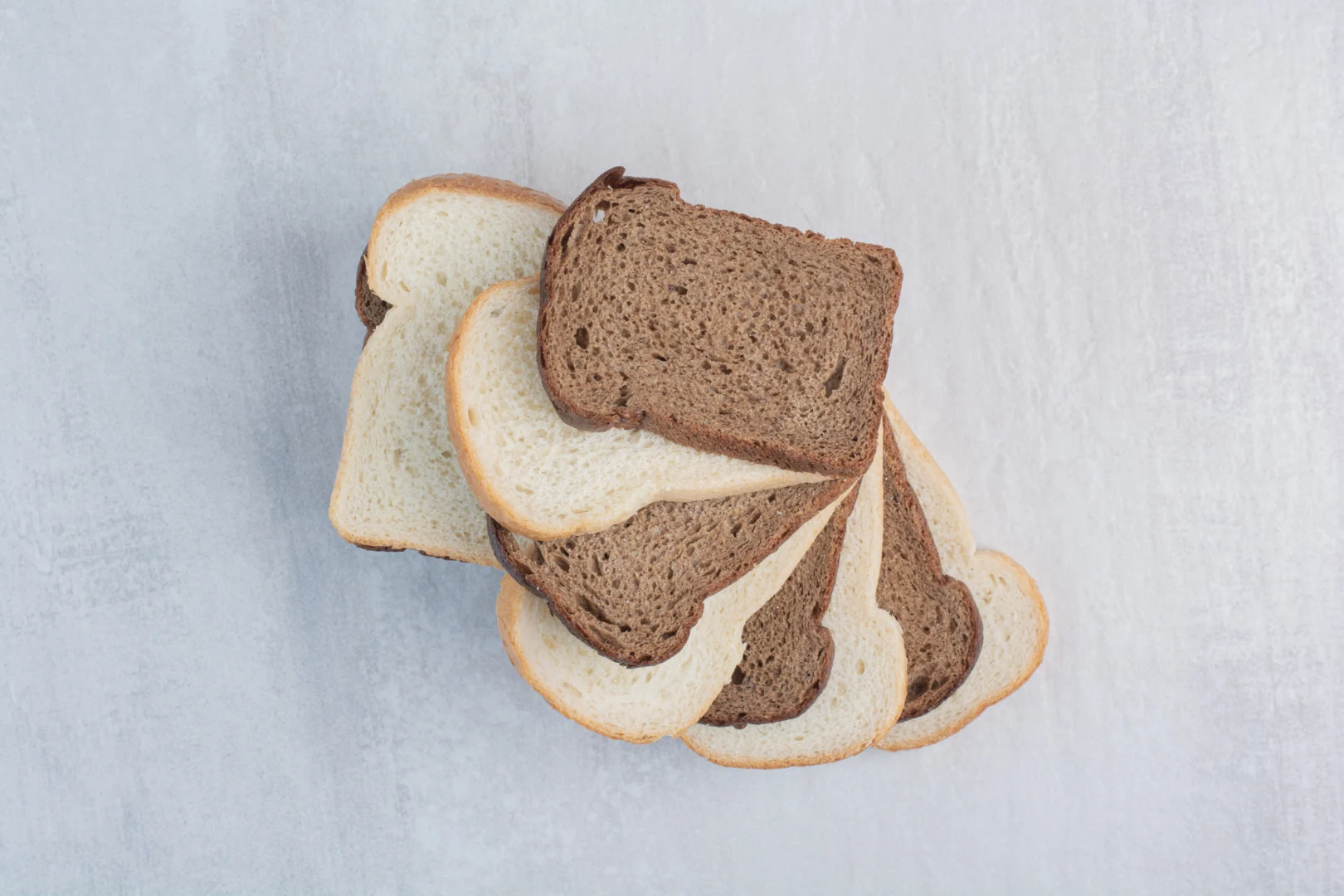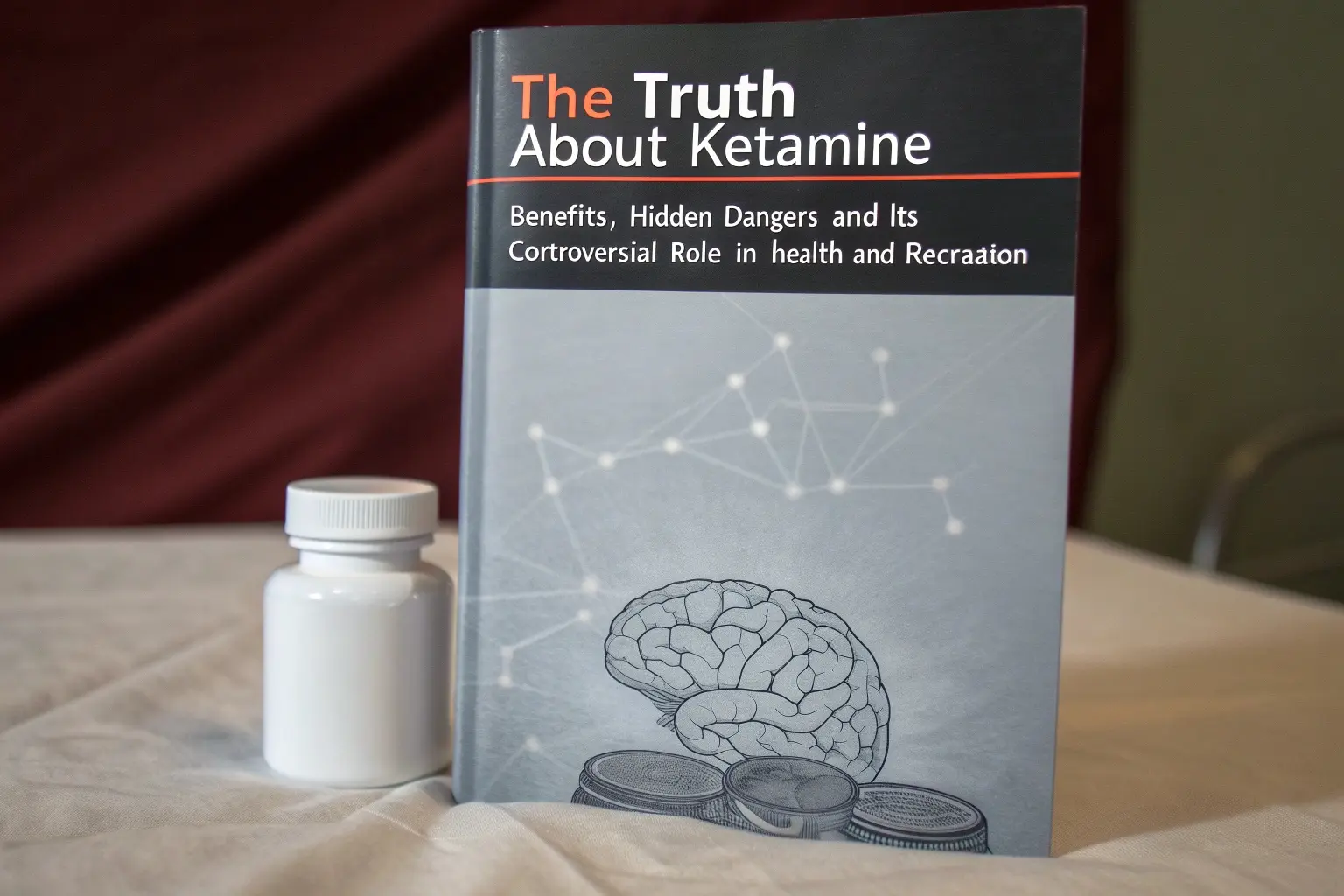Let’s Talk About Constipation (Because I Wish Someone Had Talked to Me Sooner)
We don’t like to talk about constipation. It’s uncomfortable, awkward, and — let’s be honest — not exactly dinner table conversation. But I’m going to talk about it anyway. Because

We don’t like to talk about constipation. It’s uncomfortable, awkward, and — let’s be honest — not exactly dinner table conversation. But I’m going to talk about it anyway. Because ignoring it cost me more than a few days of discomfort. It cost me years of feeling out of sync with my own body. For many people, chronic constipation becomes a quiet struggle that slowly affects their energy, mood, and overall well-being.
And the truth is, constipation isn’t just a minor inconvenience. It’s a message from your body that something’s off — and it deserves attention.
My Constipation Story (A.K.A. Why I’m Writing This)
For years, I thought it was normal to go two or three days without a bowel movement. It wasn’t until I started experiencing chronic bloating, fatigue, and a general sense of heaviness — both physically and mentally — that I realized something had to change. Looking back, I now see that I was dealing with chronic constipation without even recognizing it for what it was.
I used to joke about being “backed up” when I traveled or got stressed. But I wasn’t laughing when I started having cramping that kept me up at night or a foggy brain I couldn’t shake. My digestion was sluggish, my mood was unpredictable, and I constantly felt off. It took me far too long to connect all these subtle constipation symptoms to the bigger issue my body had been trying to flag.
So I did what many of us do: I Googled. I tried quick fixes — fiber gummies, over-the-counter laxatives, coffee on an empty stomach. Sometimes they worked temporarily. But the problem always came back.
It wasn’t until I understood the full picture of what causes constipation — and what my gut was really trying to tell me — that I finally found relief.

What Constipation Really Means
Constipation is often defined as having fewer than three bowel movements a week, hard or lumpy stools, or straining to go. But what it really means is that your body’s natural elimination system isn’t running smoothly — and that impacts more than just your gut. And for many people, understanding the most common constipation causes is the first step toward recognizing what their body has been trying to communicate.
What contributes to constipation:
- Low fiber intake
- Not drinking enough water
- Lack of movement
- Stress and anxiety
- Travel or changes in routine
- Medications (including painkillers, antidepressants, and iron supplements)
- Hormonal shifts
- Gut imbalances or microbiome issues
And yes, what’s going on in your head affects what’s going on in your gut. The brain-gut connection is real — and for me, stress played a much bigger role than I realized.
What Finally Helped Me
It wasn’t a magic supplement or a one-size-fits-all diet. It was a combination of habits, awareness, and honesty with myself (and my doctor). Here’s what made a lasting difference:
- Hydration: I used to think I drank enough water — turns out, I wasn’t even close. I now aim for 2–3 liters a day.
- Fiber from real food: I added more greens, chia seeds, oats, lentils, and fruit with skin. Gradually, not all at once.
- Daily movement: Even a 20-minute walk after meals helped jumpstart digestion.
- Stress management: Deep breathing, journaling, and just slowing down before meals changed everything.
- A probiotic that worked for me: Not all probiotics are created equal, but when I found the right one, it was a game changer.
- Routine: I created space in my mornings — literally and figuratively — to go. No more rushing out the door on a tight stomach.
Why This Isn’t Just About Poop
When I started talking to other women — friends, family, colleagues — I realized so many of us were silently dealing with constipation, thinking it was just a “quirky” part of our digestion.
But chronic constipation is linked to bloating, skin issues, hormonal imbalance, fatigue, anxiety, and even cardiovascular strain. Your body needs to eliminate waste regularly to function properly.
When we treat constipation as “normal,” we ignore a deeper imbalance — and risk letting it become chronic.
Read About: Constipation During Pregnancy: The Untold Reality No One Talks About
Why We Need to Talk About It
At Ravoke, we’re all about making wellness real. That means talking about things that don’t look pretty on Instagram. That means saying the word “constipation” out loud — and understanding it’s not something to be embarrassed about. So many people quietly deal with chronic constipation without realizing how deeply it affects their daily comfort and overall well-being.
Whether it’s caused by lifestyle, medication, hormones, or gut health, constipation deserves real solutions — not just quick fixes.
And for me, the solution came when I stopped being polite about my discomfort and started listening to what my body had been trying to tell me for years.
Some Thoughts
If you’re reading this and thinking, “Oh… me too,” — you’re not alone. And you’re not broken. But your body is asking for support. Start small. Be honest. And don’t wait as long as I did to take constipation seriously.
Because wellness starts with letting go.With (finally) lightness and clarity,








